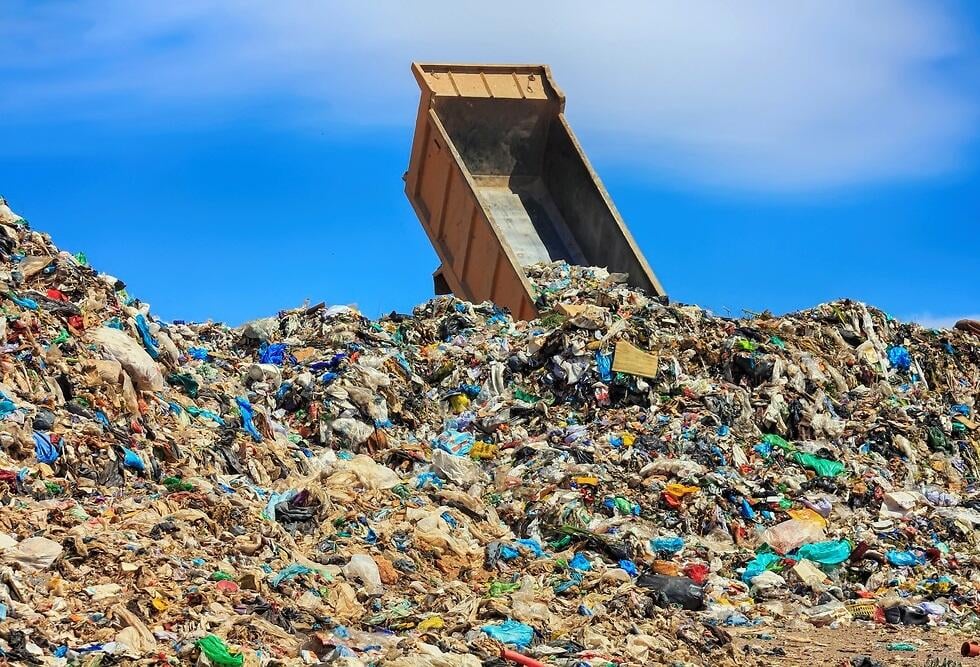Climate Action


Home » Climate Action » SDG 13 – Climate Action & the Budget
SDG 13 – Climate Action & the Budget
We cannot think of a better place to decipher the climate action intentions of Israel’s new Government than its current 2023-24 budget deliberations. That’s where we’re laser-focused at the moment.
The news is reasonably positive, even if only for now; last week’s ministerial budget approval will now be followed by a series of battles and compromises before Knesset (parliament) approval in a few months. That is not necessarily a promising timetable for the apparently beleaguered Environmental Protection Ministry, which according to its Director General (Hebrew) has so far managed to repel a barrage of efforts to harm its activities via the new budget. The scorecard thus far: the Ministry still maintains control of the sought-after waste management fund and also secured understandings regarding construction waste legislation and various environment-friendly regulations; on the flip side, a serious blow to environmentalists: it lost the authority to insist that planning bodies use its own professional environmental advisors.


Clearly, there is much political maneuvering going on here – the last thing Israel needs in advancing SDG13. The data leaves no doubt about that.
According to Israel’s Second Biennial Update Report, just submitted by the Ministry to the the UN Framework Convention on Climate Change, an ongoing decline in greenhouse gas emissions continued in 2021 despite population and economic growth. However, the report also shows that the country remains almost totally dependent on polluting fossil fuels; future progress in this context depends particularly on the extent of implementation of the relevant 2021 Government decision.
In another area of concern, “Haaretz” reports that the anticipated one-meter Mediterranean sea level rise by 2050 has managed to capture the attention of a number of official bodies – including in the influential national security community. Backed by the empirical findings of the Israel Oceanographic and Limnological Research Institute (a non-profit governmental corporation), they appear to have begun preparing in earnest.
“Haaretz” also reports on a Government study indicating a 3.4 percent precipitation decline in the country during the past 30 years – and predicting 24 percent less rainfall in the next few decades (as compared with today). Apropos, some possibly good news in this context: taking water management to the next level, thanks to its Water Authority the country can now bring desalinated sea water to the Sea of Galilee in order to maintain water levels challenged by climate change.
This is just one more example of the Israel Government’s ability to realize a climate action vision (when it really wants to). We’ll see how all this plays out in the new budget – and beyond.
Related articles


SDG 13 -Status Report: Environmental Protection – Part 1
Climate Action Read Part 2 A month ago we took a quick look at how Israel’s new government was shaping up when it comes to


SDG 13 – Where Technology Impacts Humanity
Climate Action Lacking grit, brawn or physical prowess, Artificial Intelligence has become an unlikely new superhero, coming to the rescue in natural disasters to assist


SDG 13 -Upgrading Environmental Protection
Climate Action When it comes to effective sustainability, collaboration between Israel’s public, private and civil society sectors is fundamental to long-term success. This axiom is


















